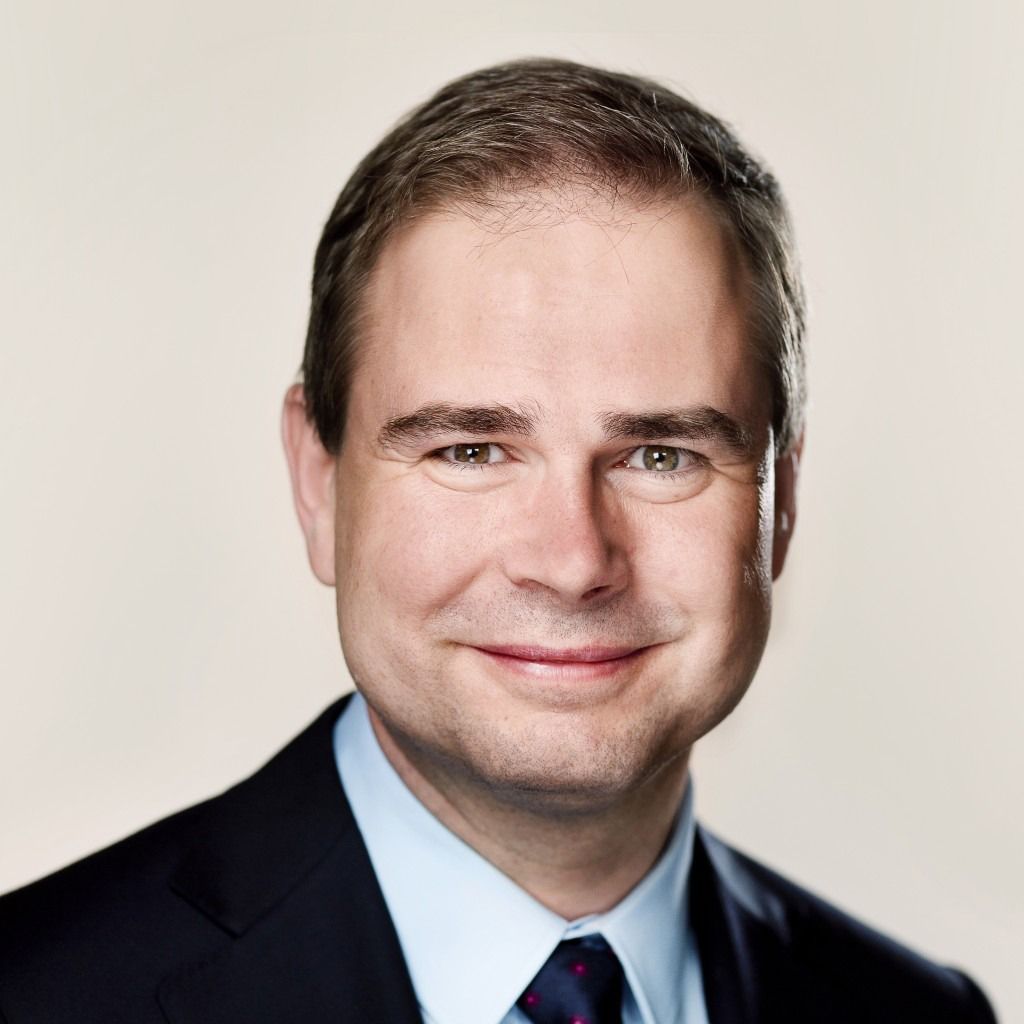The government’s legislative proposal to fight terror would give security services broader surveillance powers than were initially indicated, Politiken reports.
When Nicolai Wammen, the defence minister, announced the terror package in February, one of the controversial measures was the proposal to give the military intelligence service, Forsvarets Efterretningstjeneste (FE), broad powers to monitor Danes suspected of taking part in conflicts overseas such as in Syria or Iraq – so-called ‘foreign fighters’ – without a court order.
READ MORE: Government announces plan to fight terror
Politiken is in possession of a draft of the law that would give FE the ability to monitor people “who facilitate others’ participation in activities, which could lead to a threat to Denmark or Danish interests”.
Broad formulation could lead to ‘thought policing’
The proposal expands on what could constitute ‘facilitating’, stating “this includes, for example, inciting terrorism and propaganda, recruiting, radicalising, financing, and logistical support relating to travelling, accommodation, establishing and dissemination of contacts etc”.
Pernille Boye Koch, an associate professor at Roskilde University and a researcher in the area of intelligence services, is concerned by the broad formulation of the proposal.
“This facilitation takes us into a grey zone that can cause problems regarding the freedom of expression and freedom of association,” she said.
“If you discuss with or come into the company of people who want another type of society, can you for that reason be monitored, even though you yourself aren’t on the way to becoming a fighter? It’s problematic this hasn’t been more clearly defined, and it could easily come to equal the thought police: certain opinions should be expressed while others are propaganda.”














